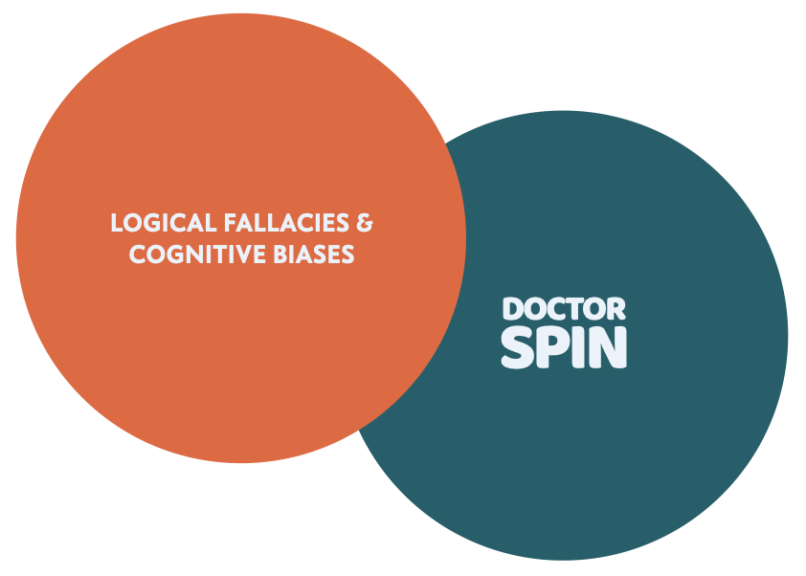We are all victims of bad thinking habits.
But by knowing (and understanding) where we often make thinking mistakes, we increase our chances of detecting mistakes before making poor decisions.
I’ve listed several of these thinking habits so that we all can be more mindful and hopefully become better thinkers.
Here we go:
Types of Bad Thinking Habits
Types of Bad Thinking Habits
Underpinning most of our thinking mistakes, some psychologically induced thinking habits seem to affect our ability to think clearly. Understanding (and avoiding) these behavioural patterns should allow for clear thinking.
Understanding these different types of thinking can help identify and address cognitive fallacies and biases in decision-making and problem-solving processes.
Learn more: Types of Bad Thinking Habits
💡 Subscribe and get a free ebook on how to get better PR ideas.

Thanks for reading. Please consider sharing my public relations blog with other communication and marketing professionals. If you have questions (or want to retain my PR services), please contact me at jerry@spinfactory.com.
PR Resource: More Better Thinking
Spin Academy | Online PR Courses
Doctor Spin’s PR School: Be Clear-Minded
💡 Subscribe and get a free ebook on how to get better PR ideas.
PR Resource: List of Logical Fallacies and Biases

List of Logical Fallacies and Biases
As humans, we often fall for the tricks our own psychology plays on us. These “thinking errors” exist because they’ve often aided our survival. However, knowing and understanding various types of common fallacies and biases is helpful in everyday life.
Here are a few examples of logical fallacies and biases that I’ve come across while studying public relations and linguistics:
Learn more: 58 Logical Fallacies and Biases
💡 Subscribe and get a free ebook on how to get better PR ideas.
























